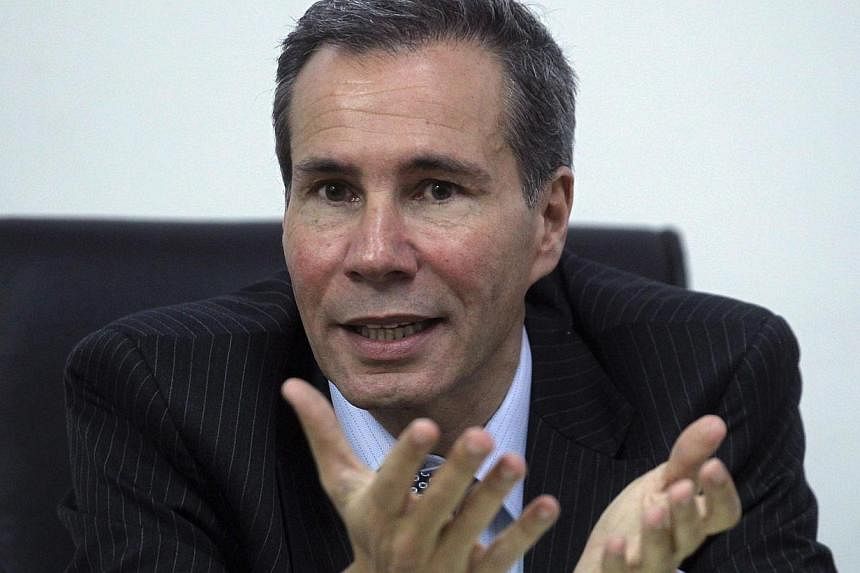WASHINGTON (AFP) - The United States called on Friday for a "complete and impartial" investigation into the death of Argentine prosecutor Alberto Nisman, who suffered a fatal gunshot wound to the head in mysterious circumstances.
Mr Nisman was found dead in his Buenos Aires home on Sunday, just hours before he was to go before a congressional hearing to accuse President Cristina Kirchner of shielding Iranian officials implicated in a bomb attack on a Jewish community centre in 1994 that left 85 dead.
Ms Kirchner said on Thursday she believed that Mr Nisman was murdered in a plot to implicate her government in a cover-up, while investigators have said he appeared to have committed suicide - though they have not ruled out homicide or "induced suicide".
Mr Nisman "courageously devoted much of his professional life" to going after those responsible for the attack in Buenos Aires, US State Department spokesman Jen Psaki said.
"Judicial authorities are investigating his death and we call for a complete and impartial investigation.
"For over 20 years, the United States... we have continued to work closely with the international community and the Argentine government seeking justice."
Ms Psaki declined to comment on the cover-up claims dogging Ms Kirchner or speculate on the cause of Mr Nisman's death.
Before his demise, Mr Nisman had filed a 280-page complaint charging that Ms Kirchner had issued an "express directive" to shield a group of Iranian suspects in the 1994 bombing.
Mr Nisman contended that the government had agreed to swap grain for oil with Teheran in exchange for withdrawing "red notices" to Interpol seeking the arrests of the former and current Iranian officials accused in the unsolved case.

